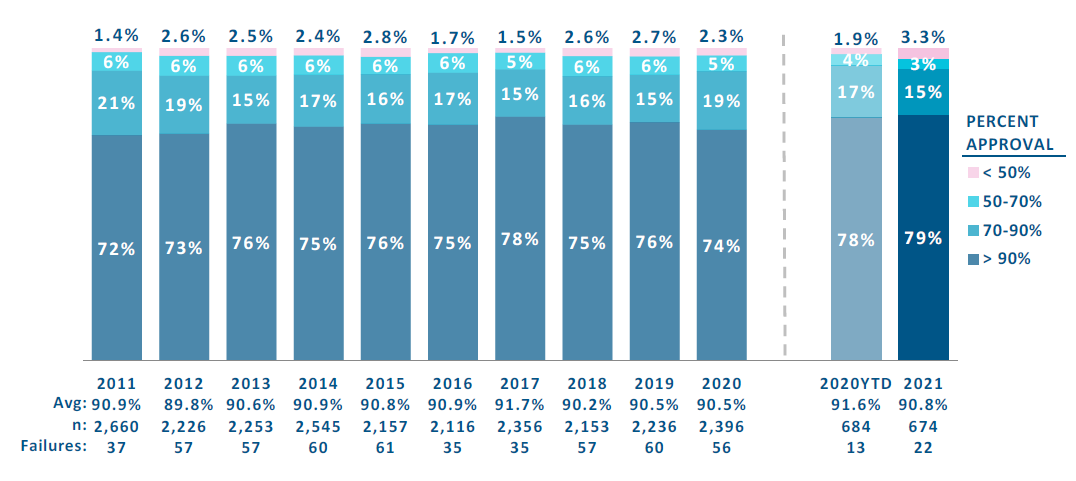Emily Johnston Ross is a Senior Financial Economist at the FDIC Center for Financial Research in the Division of Insurance and Research; Song Ma is Assistant Professor of Finance at Yale School of Management; and Manju Puri is J. B. Fuqua Professor of Finance at Duke University Fuqua School of Business. This post is based on their recent paper.
Private equity (PE) has become an important component in the financial system. An extensive literature explores the effects of private equity buyouts on firm-level outcomes, with some papers arguing that such buyouts positively affect the operations of target companies. At the same time, the private equity industry generates much controversy. Critics often argue that private equity transactions involve heavy financial engineering schemes that introduce a substantial debt burden on the target companies and default risks to the banking sector (Andrade and Kaplan, 1998; Kaplan and Strömberg, 2009). This concern could be exacerbated during an economic downturn due to the cyclicality of private equity investment (Bernstein, Lerner, and Mezzanotti, 2019).
How does private equity interact with and affect the stability of the financial system, especially during periods of crisis? In a recent paper titled Private Equity and Financial Stability: Evidence from Failed Bank Resolution in the Crisis, we investigate this question by examining private equity investors’ engagement in the failed bank resolution process in the aftermath of the 2008 crisis. This is a novel setting in which to study private equity and financial stability. Bank failures and resolutions are a salient feature of financial crises, and have a significant real effect on the economy (Bernanke, 1983; Granja, Matvos, and Seru, 2017). Indeed, banks are central to the functioning of financial markets and have important externalities (Gorton and Winton, 2003). Our setting allows us to examine private equity investors’ role in one of the most crucial steps in stabilizing the financial system in a crisis.
